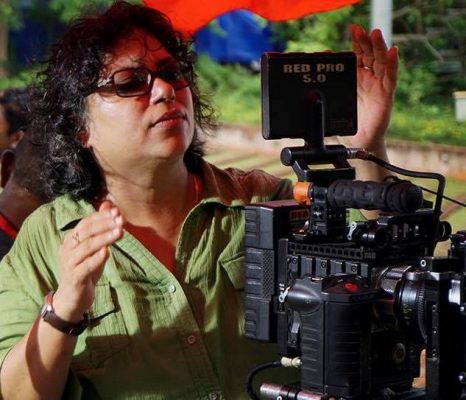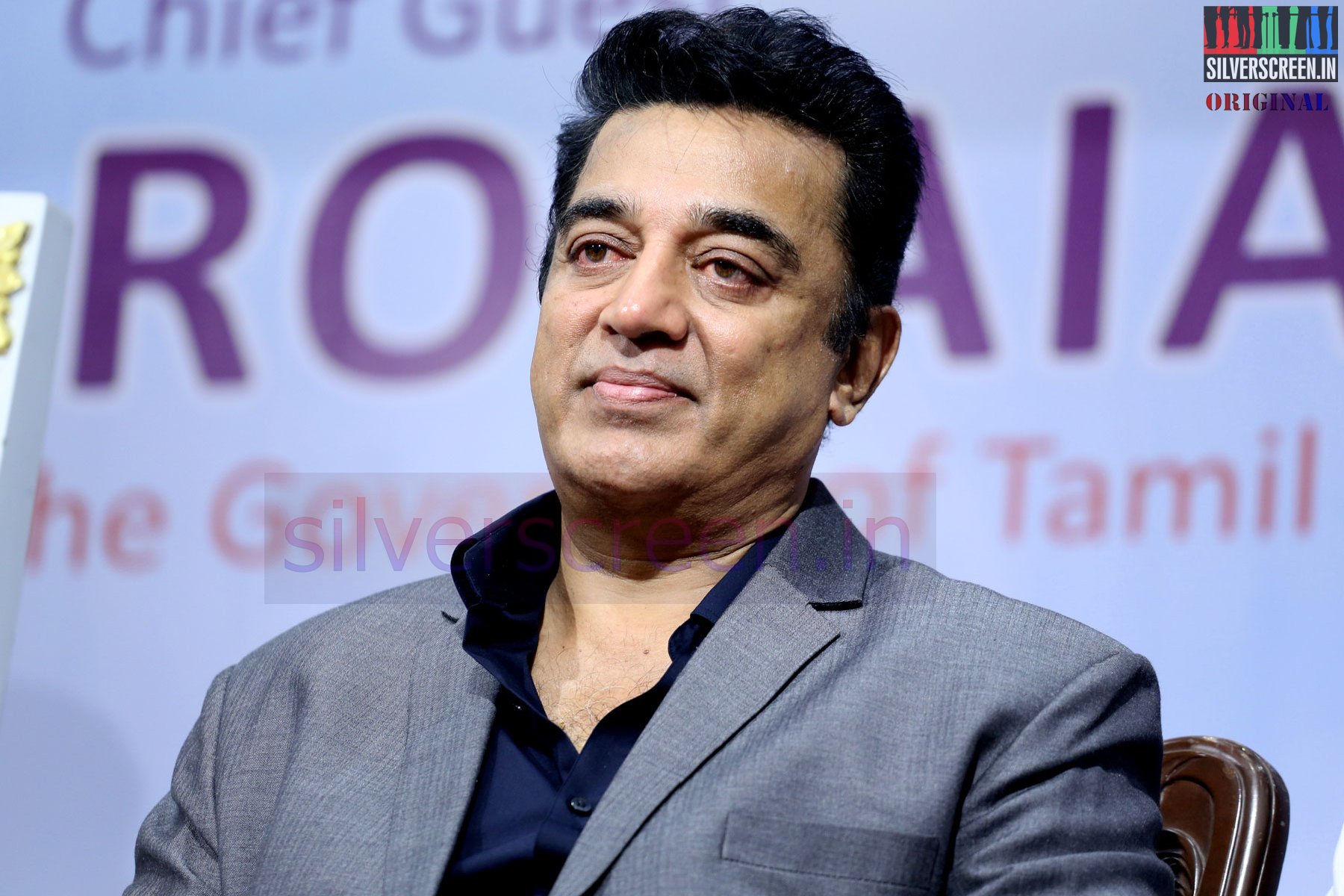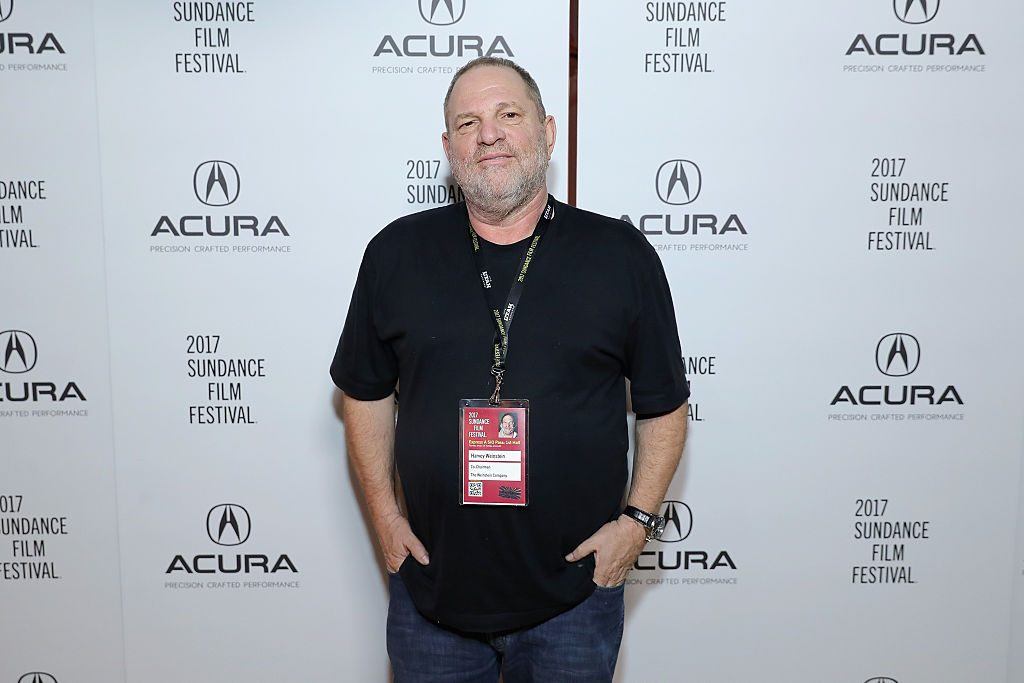‘Women, Cinema & Sexism’ features stories of women who work in the film industry and documents their experiences on sets – the good, the bad and the ugly
When Chennai-based Fowzia Fathima set out to study cinematography at India’s most prestigious film school, FTII, in the 90s – a time when there were few women cinematographers in the country – she met with a rather dissuading comment at the interview: “We wonder if it’s any use selecting girls for the cinematography stream. They will quit the profession within a few years of working in the industry.”
But Fowzia refused to get bogged down by the remark.
“The interviewers were trying to provoke me. I shot back, asking if all the male students who have graduated from FTII were successful in the field. Why blame only women?” recalls the cinematographer, who entered the industry as an assistant to PC Sriram. “He was a gem of a human being,” says Fowzia, “An absolutely great mentor. He gave me important tasks to execute on the set, and made it obvious that I was doing double the work than anyone on the set, so that people wouldn’t doubt my capabilities.”
One of the first films she worked in was Mugavari, starring Ajith Kumar and directed by debutant VZ Durai. One day, Sriram had to leave the set for a few hours, and entrusted his duties to Fowzia, a formidable disciple. As Fowzia was lighting up the shot, the lead actor noticed her. He summoned the director and let him know of his reservations to work with a female assistant behind the camera. “The director was a newbie, and he couldn’t protest,” recalls Fowzia. “I can no longer say if the actor’s refusal to have me as a DoP was due to me being a woman. However, I don’t see any of these big stars ever hiring a woman cinematographer for their films. There is Priya Seth who did two films with director Rajakrishna Menon. But otherwise, this large pool of woman technicians we have in the country are not utilised,” she says.

Fowzia’s first project as an independent camera-person was Mitr My Friend, directed by Revathi. “That the film had an all-women crew was a coincidence. I was roped in after I was recommended by PC Sriram. The writing team had two women. Beena Paul joined as the editor, and Bhavatharini as music composer. Then, we realised it would be a novel thing to work as an all-women crew. We had a blast shooting it. It was absolute fun, and we did a great job too. I wonder why such a collaboration never happened again. Women should collaborate in projects, and grow together,” she says.
That was one of the reasons why Fowzia took the initiative to establish Indian Women Cinematographers’ Collective (IWCC), a talent pool of young and senior female cinematographers from across the country. They have a bustling Facebook group where they float notifications of job opportunities, academic papers and other relevant news around.
The group has over 90 members at the moment. But Fowzia agrees that women cinematographers still have little visibility in the industry. “I have worked in commercially successful films. So have many women DoPs I know. Yet, such successes haven’t changed our careers much,” she says.
Seven years after Mitr My Friend, she worked in a Malayalam film, Gulumaal, directed by VK Prakash who had a number of box-office failures to his credit at that time. “He asked me if I could deliver a hit. I was confident. The film was eventually a superhit,” Fowzia says. Post the success, Prakash moved on to male cameramen.
Fowzia also narrates an incident when she worked as an assistant cinematographer for a now superhit film by a renowned director. One day, she was entrusted by the DoP to take a few shots of a song sequence in Madhya Pradesh. However, the director took over the camera, and started taking the shots himself. “I refused to give up. With the entire set watching, we argued,” Fowzia says. “When the DoP came to know of what happened, he backed me for standing my ground. Later, at the editing table, the shots that the director took were deemed NG (not good).”
It can be difficult handling the ego of men on the set, she says. “Cinematography is considered to be a physically-demanding profession. Something that only men can do. That’s not true at all. I have always made sure that I lifted the heaviest of the camera equipment and did every task that people deemed to be ‘masculine’. I have been a part of filming item song sequences, which I am personally not very much in favour of. I did that because I didn’t want to be seen as unprofessional,” she says.
Fowzia, now settled in Thiruvananthapuram, goes on to narrate another stressful experience she had on one of the projects she did in the past.
“Sometimes, the men on the sets misconstrue the nature of your involvement in the project. When I join a film, my interests are purely and solely professional. But once, a director of the film I was working in gave me a hard time. He took my relationship with him as something personal, while all I was trying to be was a colleague,” says Fowzia.
The work-place harassment did affect her, and even forced her to stay away from the film industry for a while, she admits. She joined a film school as a faculty and took up the task of mentoring young girls in cinematography. “I am enjoying this job which is partially an activism. I have always worked sincerely, without showing the slightest sign of exhaustion because I knew I cannot give up, not just for my sake, but for the sake of every woman who lands in this profession.”
*****
Recommended
Read Part 1: Harvey Weinstein Has Opened Pandora’s Box & We Need To Deal With It
Read Part 2: When Film Sets Are Designed For Men & Other Struggles As Reported By The Female Crew
Read Part 3: Speaking Up Is Not A Practical Option In Kollywood, Say Actresses
Read Part 4: The Life Of A Dance Assistant In The South
Read Part 5: ‘Harassment Happens Under The Guise Of Coaching; Women Do It Too,’ Says Budding Dancer



